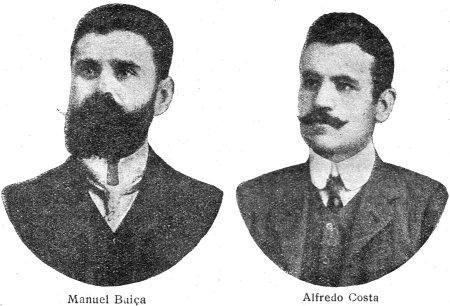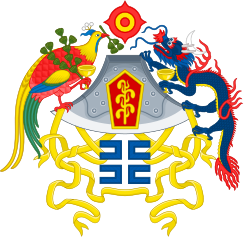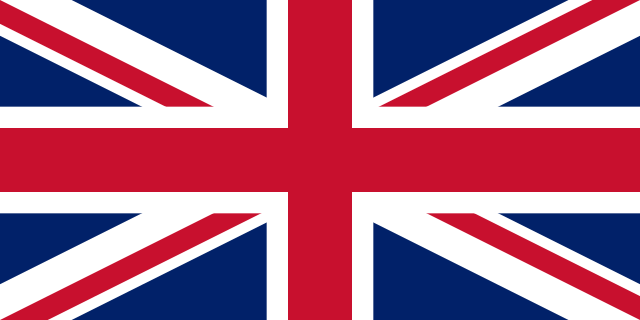La Troisième République at the beginning of 1911
The Canal du Loing, one of many internal waterways to be expanded under the "Rural Law."
News of the troubles in Moesia, Portugal, and China were drowned out by the celebrations that accompanied the long-awaited alliance with the United Kingdom. The friendship of Britain brought the help of the Royal Navy and gave more room for the French government to reach out to the Italians and continue to maintain advantageous relations with the peoples of Iberia. The demise of the Portuguese King was a regrettable incident and steps would have to be taken to reduce tensions in Portugal in the future. For now, the Thierry Cabinet turned to economic development.
La coalition conservatrice in the Chamber of Deputies was rather laissez faire compared to previous majority groupings but were open to investing in public infrastructure as a way to promote trade and development. President Castelnau's "French System" called for the revitalization of the rural economy, a move that would be popular with his Catholic-base, and the advancement of education by the reform of the Jules Ferry laws.
The French railways were among the densest in the world by 1911 but France's abundance of waterways and canals had gone relatively untouched in recent years. France's three major rivers, the Loire, Seine and Rhône, fed a vast network of canals and navigated riverways that had been the backbone French transportation until the 1830s. This network was ideally placed to allow the rapid transportation of agricultural products from the countryside to the cities. With the railways becoming congested with civilian and commercial traffic, transport by water was one way considered by the Thierry Cabinet to reduce shipping costs for mercantile interests, while at the same time rewarding the rural Conservative base with greater access to urban markets.
The efforts of Jules Ferry and other Radical Republicans were genuinely responsible for advancing educational opportunity to the masses. The
l'école républicaine created by the Radicals had replaced the dual-Church and State system of education prevalent up until the end of the Second Empire. Turning back that clock to pre-1882 was neither practical nor cost effective but efforts would have to be undertaken to reduce the amount of Godlessness caused by the laic restrictions passed by the Radicals. Under the Jules Ferry laws, France's system of "free, secular, and mandatory" education was underwritten by local communes and departments and salaries for instructors guaranteed against reduction by mandates from Paris. Slowly, changes would be made to correct the inequities of this system. In short order, the Cabinet mandated that school holidays would be patterned to follow the Christian liturgical year and restrictions on members of religious orders from teaching in secular schools lifted. In the long term, the government began to investigate ways to place graduates of elite religious secondary education institutions on the same footing as graduates of the secular
grandes écoles in job placements in the French Civil Service. One method devised would be creating common curriculum for both bodies, namely one that glorified the ideal of the French Nation, France's role as Eldest Daughter of the Catholic Church, and on instruction that emphasized both skill in arts and letters as well as the hard sciences.
























